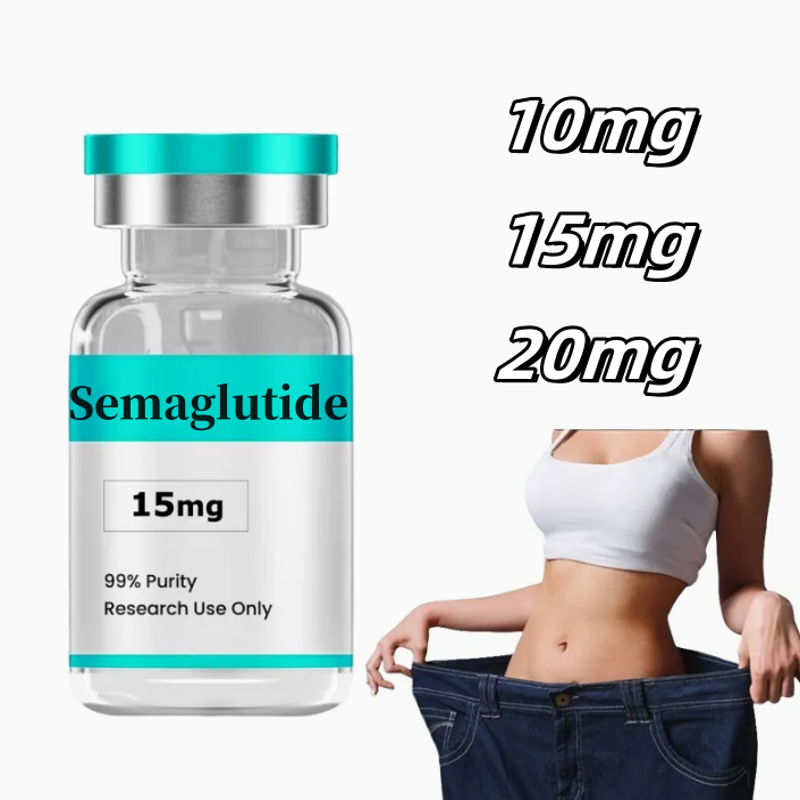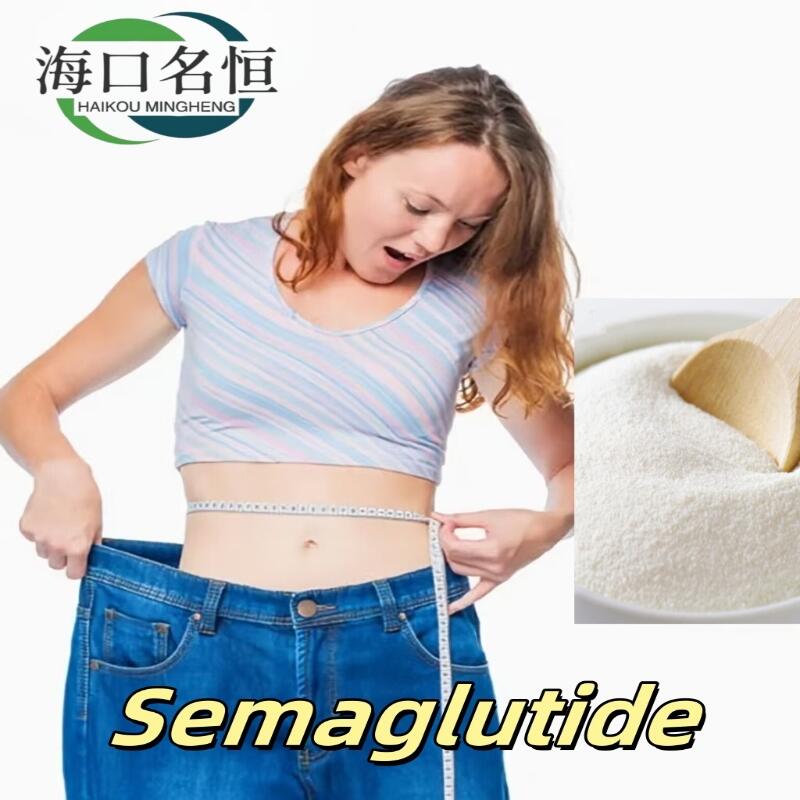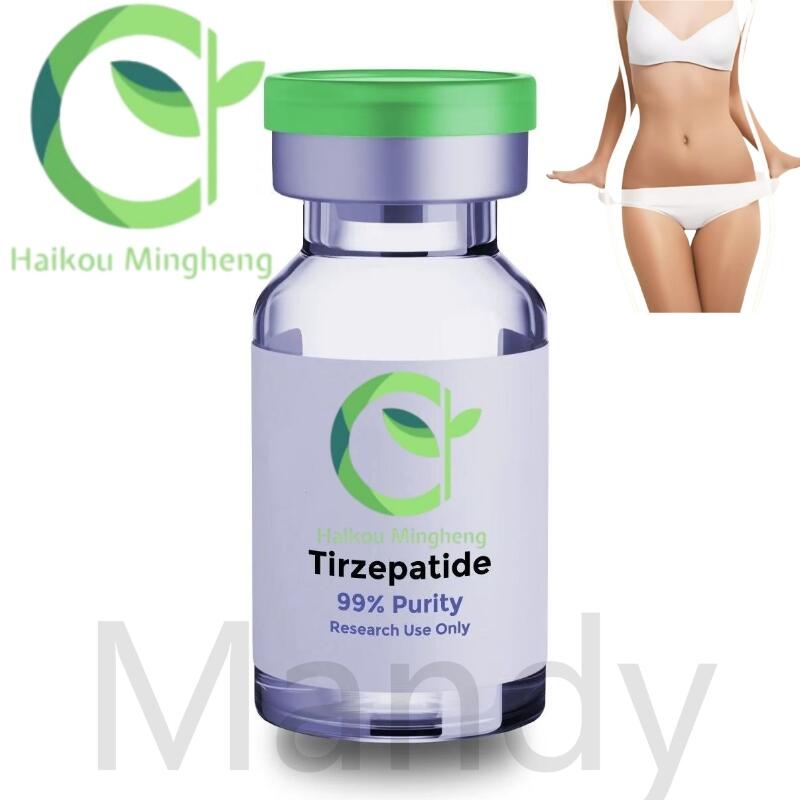-
Categories
-
Pharmaceutical Intermediates
-
Active Pharmaceutical Ingredients
-
Food Additives
- Industrial Coatings
- Agrochemicals
- Dyes and Pigments
- Surfactant
- Flavors and Fragrances
- Chemical Reagents
- Catalyst and Auxiliary
- Natural Products
- Inorganic Chemistry
-
Organic Chemistry
-
Biochemical Engineering
- Analytical Chemistry
-
Cosmetic Ingredient
- Water Treatment Chemical
-
Pharmaceutical Intermediates
Promotion
ECHEMI Mall
Wholesale
Weekly Price
Exhibition
News
-
Trade Service
Fertirelin acetate, also known as follitropin beta, is a synthetic hormone that is used in the treatment of infertility in women.
It is a gonadotropin releasing hormone (GnRH) agonist, which means that it stimulates the production of gonadotropin releasing hormone (GnRH) in the hypothalamus.
GnRH, in turn, stimulates the production of luteinizing hormone (LH) and follicle-stimulating hormone (FSH) in the pituitary gland.
These hormones are important for the development and maturation of eggs in the ovaries, and for the production of testosterone in the testes.
Fertirelin acetate is administered by injection, and it is typically used in the treatment of infertility for up to six cycles.
Each cycle lasts for approximately two weeks, during which time the patient will receive injections of fertirelin acetate to stimulate the production of GnRH, LH, and FSH.
After the first two weeks, the patient will undergo monitoring to determine the level of LH and FSH in their blood, and to check whether they have produced enough eggs for retrieval.
If the monitoring indicates that the patient is ready for egg retrieval, they will undergo a procedure to retrieve the eggs.
In addition to its use in the treatment of infertility, fertirelin acetate has a number of other applications in the chemical industry.
One of the most important applications of fertirelin acetate is in the production of L-DOPA, a precursor to the neurotransmitter dopamine.
L-DOPA is synthesized from ferulic acid, which is found in many plant-based foods, including cereal grains, fruits, and vegetables.
Ferulic acid is converted into L-DOPA through a series of enzymatic reactions that are triggered by the presence of GnRH agonists, such as fertirelin acetate.
L-DOPA is an important intermediate in the production of a number of pharmaceuticals, including dopamine agonists, which are used to treat Parkinson's disease and other movement disorders.
L-DOPA is also used in the production of antioxidants, painkillers, and anti-inflammatory drugs.
The ability to produce L-DOPA through the use of fertirelin acetate has enabled the chemical industry to increase its production of these important compounds, and has contributed to the development of new therapies for a range of medical conditions.
In addition to its use in the production of L-DOPA, fertirelin acetate has a number of other applications in the chemical industry.
It is used in the production of polymers, such as polyvinyl chloride (PVC) and polyethylene terephthalate (PET), which are widely used in the manufacture of plastics and textiles.
Fertirelin acetate is also used in the production of surfactants, which are used in a variety of personal care and household products, including soaps, shampoos, and cleaning products.
Fertirelin acetate is also used in the production of anti-estrogenic compounds, which are used to treat cancer and other diseases.
These compounds work by blocking the action of estrogen, a hormone that promotes the growth and proliferation of cancer cells.
By inhibiting the action of estrogen, these compounds can help to slow the growth and spread of cancer, and can improve the effectiveness of other cancer treatments.
In conclusion, fertirelin acetate is an important hormone in the treatment of infertility, and it has a number of other applications in the chemical industry.
It is used in the production of L-DOPA, polymers, surfactants, and anti-estro







